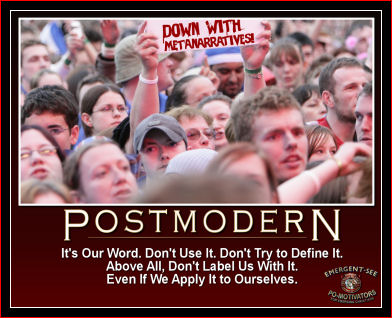
“Human beings are story-shaped creatures. We are born into stories, raised in stories, and live and die in stories. Whenever we have to answer a big question — who am I, why am I here, what should I do, what happens to me when I die? — we tell a story. The Ur-story, the foundational story, is the story of God’s love for creation, and all other stories are to be measured against it. The single best way of conceiving of faith, and of a faithful life, is as a story in which you are a character. Your life task is to be a character in the greatest story every told. It is what you were created for.
If faith were primarily an idea, the intellect alone might be adequate for dealing with it. Since it is instead a life to be lived, we need story. Story, as does life, engages all of what we are — mind, emotions, spirit, body. Faith calls us to live a certain way, not just to think in a certain way. It is no surprise, then, that the central record of faith in human history opens with an unmistakable story signature: ‘In the beginning . . . ”
~ Daniel Taylor, “Story-shaped Faith” from The Power of Words and the Wonder of God eds. John Piper and Justin Taylor (Wheaton, Ill.: Crossway Books, 2009), 105-106.


